
Psalms Chapters 23-24
Psalm 23 depicts God as Shepherd and provider, guiding and nurturing followers. Yeshua fulfills this role, uniting believers, offering peace, and emphasizing His unique voice.

Psalm 23 depicts God as Shepherd and provider, guiding and nurturing followers. Yeshua fulfills this role, uniting believers, offering peace, and emphasizing His unique voice.

Shawn's teaching links Psalm 22 to Christ's crucifixion, critiques traditional Trinity views, emphasizes Yeshua's obedience, and calls for evolving spiritual understanding.

Psalm 20-21: Prayer for deliverance, divine victory. Hezekiah's plea vs. trust in God's will. Yeshua's cry on the cross, spiritual struggle, prophetic fulfillment.

Psalm 19 highlights God's creation and law, using nature as a testament to His power. Shawn teaches Christ's fulfillment of the law, emphasizing humility and spiritual enlightenment.

1 Samuel covers the shift from judges to monarchy, Saul's rise, and David's early success. 2 Samuel focuses on David's reign. Shawn emphasizes subjective scripture interpretation, personal faith, and spiritual growth over tradition, using David's story and Psalm 18 as examples.

Shawn's teaching links Psalm 12 to eschatology, emphasizing God's reconciliation through Christ despite human rebellion. He contrasts biblical tribulations with modern challenges, highlighting faith's role in connecting with God. He discusses the historical context of Psalms, the Jewish identity post-Babylon, and critiques Calvinistic determinism, stressing individual efforts to follow God. David's writings underscore trust in God, prophecy of Christ's resurrection, and the need for humility and faith beyond scripture.

Shawn's teaching emphasizes meekness as confidence, not weakness, using biblical examples. It highlights humility, stewardship, and divine judgment, contrasting pride with true leadership through Christ.

Psalm 8 and 11 teachings by Shawn focus on God's creation, humility, meekness, rejecting idolatry, spiritual victory through humility, and divine justice over human pride.

Psalm 2 foreshadows the Messiah's reign, emphasizing Jesus' resurrection and ascension as fulfillment of prophecy. Believers are urged to trust in Christ for salvation.

The Book of Psalms, 150 songs in 5 sections, blends music and hymns, key in Jewish/Christian rituals. Themes: lament, praise, God's justice. Psalm 1 contrasts righteous vs. wicked.
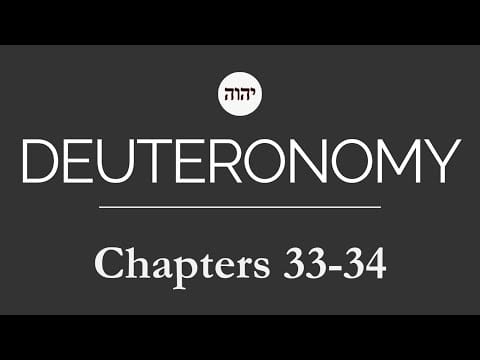
Moses blesses tribes, emphasizes Levi/Joseph. Faith in God's promises, fulfilled through Him. Importance of repentance, prayer, and God's unwavering love. Eternal life through Jesus.
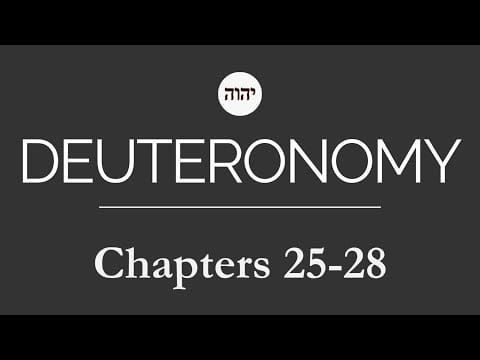
Moses reminds Israelites of the covenant, emphasizing faith, obedience, and blessings. Shawn shares personal stories, highlighting spiritual connection and God's unwavering love.
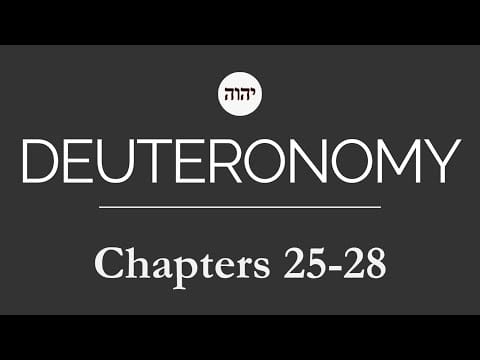
Obeying Deuteronomy laws, avoiding abominations, tithing, and communal responsibility are key. Blessings for obedience, curses for disobedience, and moral integrity emphasized.
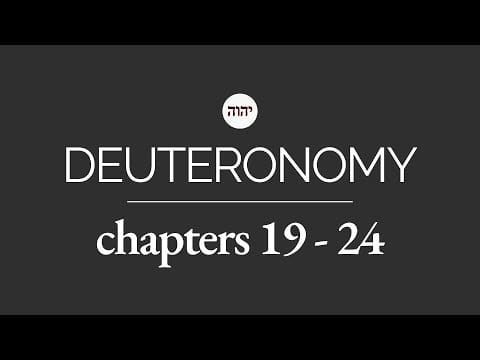
Moses' teachings on refuge cities, wartime conduct, societal norms, and moral laws emphasize justice, faith, and ethical behavior, contrasting ancient and modern practices.

The teaching examines Israel's demand for a king, seen as rejecting YAHAVAH's leadership, contrasting human desires with divine guidance. It highlights true governance through Jesus, warns against adopting pagan practices, and stresses discernment in prophecy, urging devotion to God over earthly rulers.
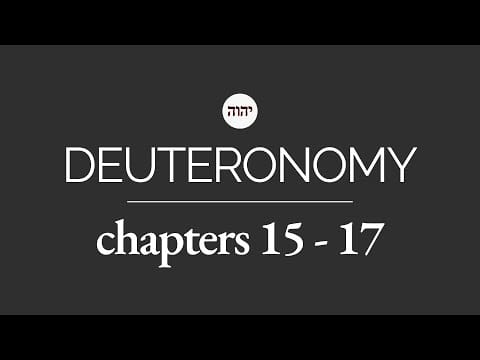
YAHAVAH's teachings stress debt release every seven years, support for the poor, and impartiality. Yeshua and Jesus focus on spiritual over material aid, emphasizing faith and humility.
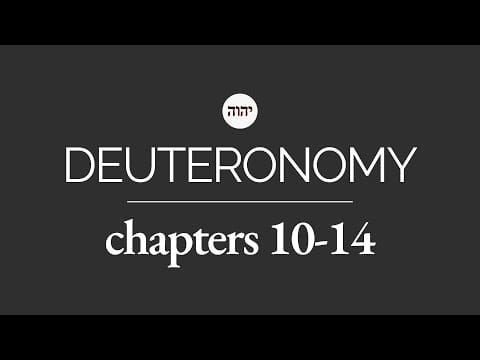
Script currently unavailable.

Moses reiterates the Ten Commandments, emphasizing monotheism, love, and fear of God. The Shema is central, urging adherence to commandments, remembrance, and humility.

Shawn's teaching stresses adherence to Yeshua's commands, avoiding idolatry, and maintaining faith despite modern challenges. Emphasizes love, values, and spiritual inheritance.
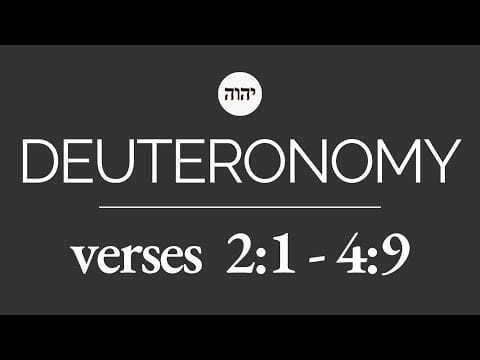
Moses emphasizes humility, love, and adherence to Yahavah's commands. Shawn discusses God's influence on hearts, free will, and divine plans, highlighting God's omnipotence and mercy.
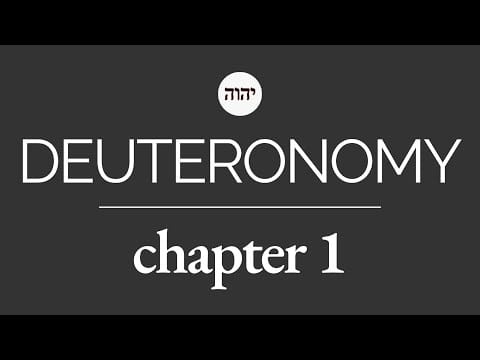
Moses' speeches in Deuteronomy stress obedience to God's laws, preparing a new generation for Canaan. Stephen highlights Israel's idolatry, contrasting Levites' faithfulness.

Numbers 34-36 detail land distribution, Levites' 48 cities, cities of refuge, and laws on murder vs. manslaughter. Emphasizes justice, mercy, and spiritual teachings.

Moses appointed Joshua, who consulted Eleazar via Urim and Thummim. Shawn teaches resurrection as spiritual reconciliation. Vows were binding unless opposed. God's actions are loving and just. Christ is the faith's foundation, tested by fire. Reuben and Gad's land request symbolizes spiritual growth. Trust in God's provision is emphasized.

The teaching discusses God's immutability, the Spirit's presence before Pentecost, and the shift in divine-human relations post-Christ, emphasizing spiritual empowerment and continuity.
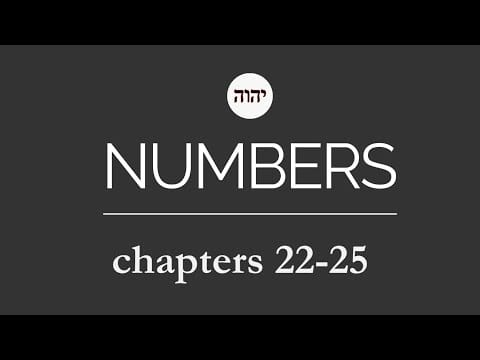
Balaam, a prophet with genuine prophetic abilities, is portrayed negatively due to his greed and misalignment with God's will, leading to Israel's betrayal. The teaching emphasizes discernment in spiritual matters, highlighting Balaam's failure to wait for God's conditions and the irony of his talking donkey seeing an angel. Despite being hired to curse Israel, Balaam blesses them, prophesying a Messianic future. The narrative warns against Balaam's deceitful influence and stresses the importance of aligning with God's will, as exemplified by Phinehas' zealous actions.
Moses and Aaron barred from Promised Land due to disobedience. Aaron's death passes priestly role to Eleazar. Emphasizes faith over earthly rewards, idol rejection, and salvation through Yeshua.
The teaching focuses on Aaron's rod as a symbol of divine leadership and spiritual growth, the Levites' dedication, the red heifer's ritual significance, and Christ as the spiritual Rock, urging unity and maturity in faith.
Moses' teachings in Numbers 15 stress accountability for sins, sincere adherence to God's laws, and consequences for defiance. True faith is inward, not outward.
Shawn's teaching contrasts human reliance on self with faith in God, using biblical examples like the Israelites' journey. Emphasizes spiritual freedom through divine trust.
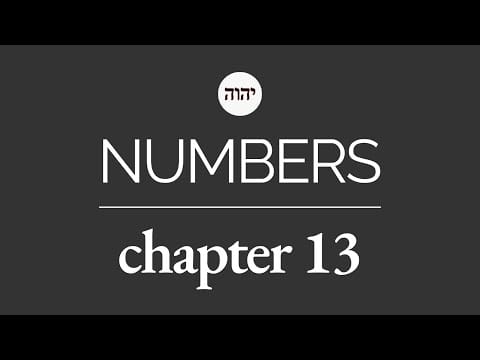
Moses sends 12 leaders to scout Canaan; Joshua and Caleb show faith, urging trust in God despite fear. David's faith in God overcomes Goliath, teaching reliance on divine strength.